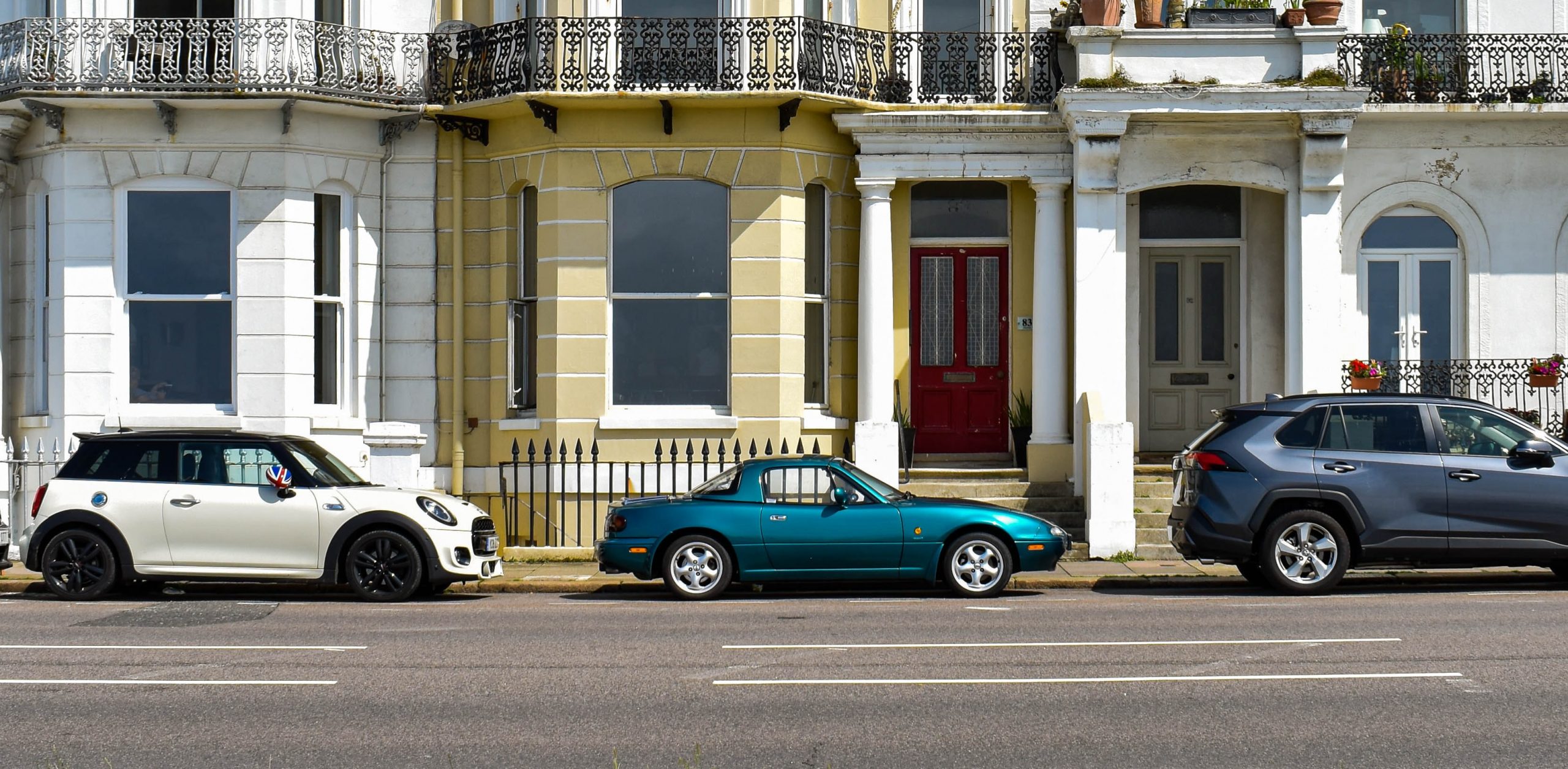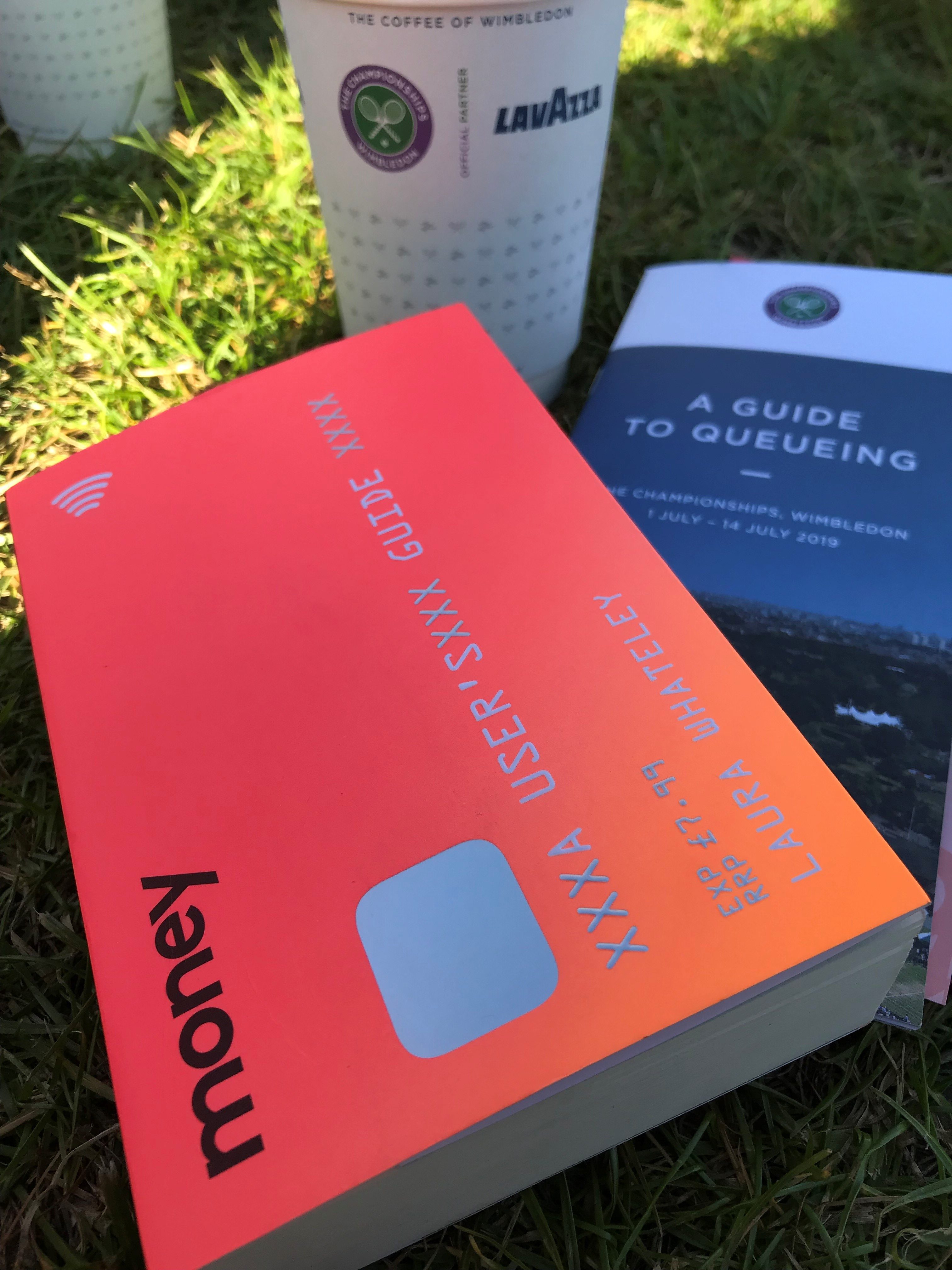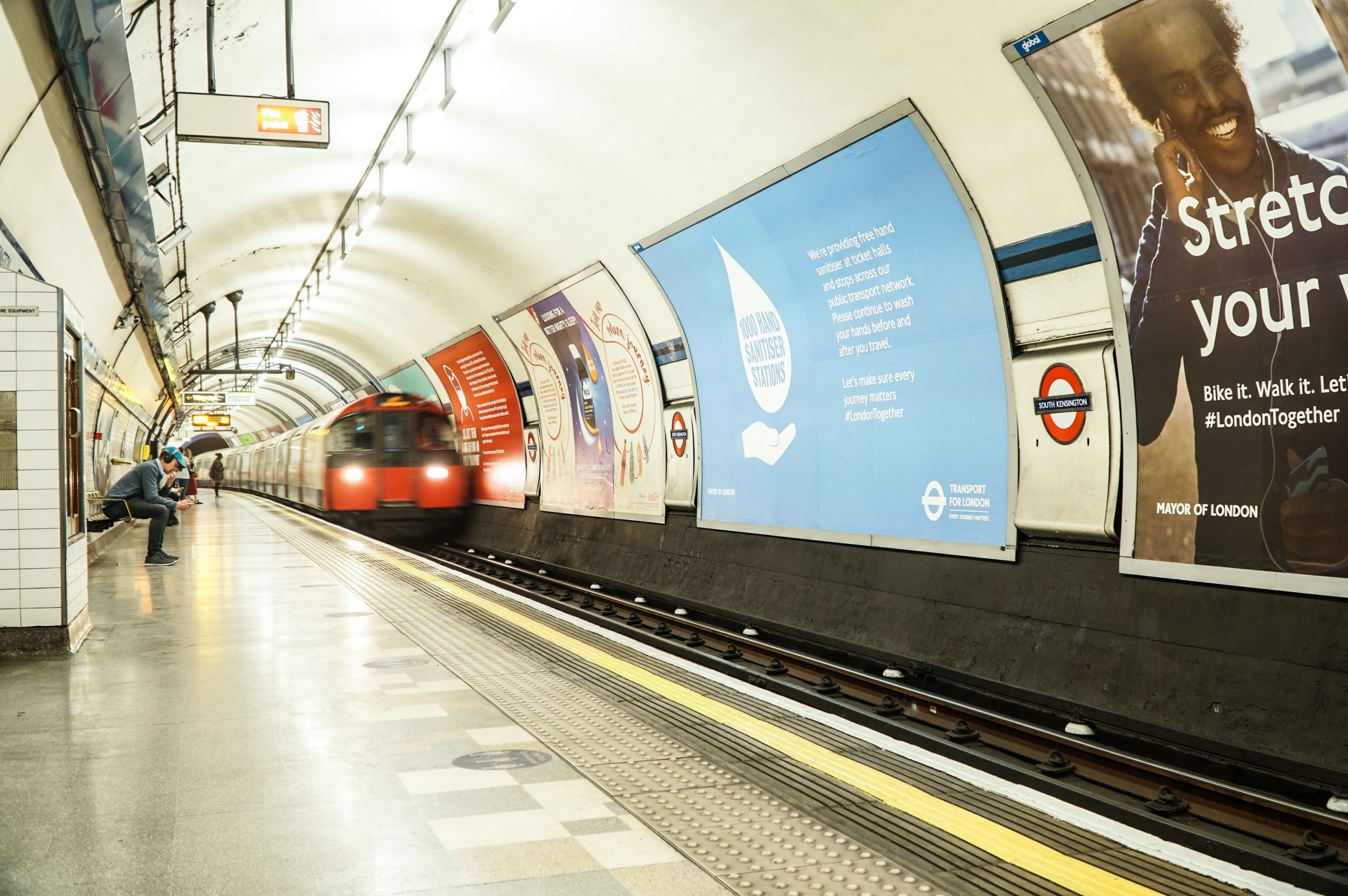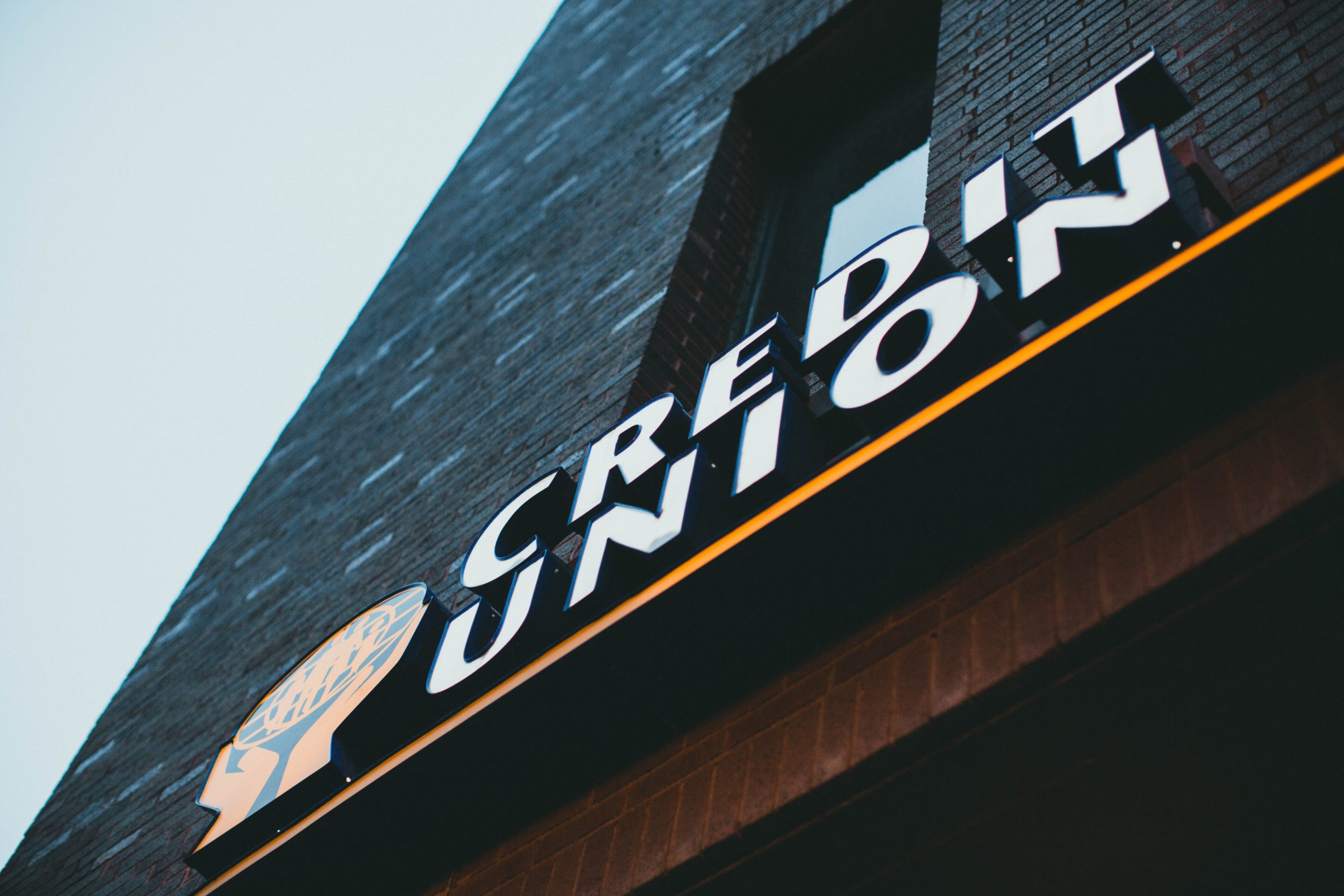You’ve just passed your driving test. It’s time to take that big red L off your car and replace it with a green P. So here’s the question: how much should you spend on a first car?
Perhaps you already own an old banger, but if your current motor is a hand-me-down, or you only intended it to last the duration of your test, you might be looking for something more reliable. In any case, here’s some ideas for what to do next.
What's Included?
Choosing the right car
People want cars for different reasons. You might want one for shopping, commuting, or just to take trips away. It’s no secret that the United Kingdom has pretty low levels of satisfaction for public transportation. If you live outside London, it’s likely that your only choice for transport other than a car is a bus that’s always late, or a noisy diesel train. A car can be a very useful thing to have.
Let’s be honest, unless you’re very lucky or have very generous parents, you’re not going to be getting a fresh new Beemer or a Merc for your first car. So, your first port of call should be to ask yourself what you plan to use your car for.
If you plan to make shopping runs, you’ll want a car with a decently sized boot. If you want a car for commuting, you’ll want a reliable city car that won’t break down often. If you want a car for pleasure, you’ll want a car that can drive a long way while staying efficient.
All of these are things to consider when looking to buy a car, because prices vary depending on what you need the car for. A two-seater with a small boot will likely work out cheaper than a hatchback that seats four, or a four-door saloon.
Parkers Car Price Guide offers a car choosing tool, and magazines like Car Buyer and Auto Trader also have some guidance.
Should I spend money on a new car or get one used?
Most people will buy a used car for their first car. If you’re lucky enough to buy a brand new car, it will be quite expensive. A brand new car is often well over two times more expensive than a used car of similar make and model.
When people think of used cars, they sometimes think of unscrupulous car salesmen in dodgy suits, Del Boy types who want to fleece them. However, used car sales are subject to various rules and regulations. The Consumer Rights Act 2015 and the Sale of Goods Act 1979 both protect you from unscrupulous salesmen.
When looking at used cars to buy, ask the seller about mileage and check the electrics and other systems to ensure everything works properly. It’s important to get things in writing. Sometimes, dishonest sellers will “clock” old cars, meaning that the mileage count is artificially reduced.
It’s illegal to clock a car with the intention of selling the car under false pretenses. It is grounds for litigation, so it’s best to have things in writing.
Which fuel type should my first car use?
Diesel or unleaded, hybrid or electric? What do you want working away under the bonnet? Diesel is more efficient than petrol – it’s much less flammable than petrol. This means that a diesel engine guzzles fuel far less than a petrol engine.
On the other hand, diesel is usually more expensive than petrol. This is because of supply and demand – the higher the supply and the lower the demand, the more prices must increase so the fuel companies can turn a profit.
While you may need to refuel less often with diesel, you can expect to pay more when you do need to refuel. Diesel can also be better for the environment than using petrol.
As we move into the next generation of electric and hybrid vehicles, expect to see more used electric cars pop up on the market. Hybrid cars charge up an internal battery using dynamism from the internal combustion engine. Fully electric cars, known as Battery Electric Vehicles or BEVs, can be charged from the mains. However, remember that while you might save on petrol, your electricity bill will likely rise!
How much should you spend on a first car?
Once you’ve worked out the type of car that serves you best, it’s time to work out funding. Experts suggest that you save up between £4,000 and £6,000 for a first car, if you plan on buying it. This will usually get you a motor that is in good nick and will keep you going for a few years.
If you plan on leasing a car, you’ll need to be sure you have good credit. Sign up with Credibble today to get a credit report. Credibble’s 24-Factor Credit Check shows you all the points you need to improve so that you can take out a lease with peace of mind. Monthly membership costs less than £10.
A car lease usually costs between £100 and £2500 per month.
Like with any secured loan, the amount you spend at the start of a car lease decreases the amount you spend on payments every month. You can usually pay a lump sum of between three and nine months.
If you plan to lease your car, always ensure that you are leasing it from an accredited company. By law, leasing companies must be registered with the Financial Conduct Authority (FCA) and the British Vehicle Rental and Leasing Association (BVRLA).
Further considerations
Before you buy your car, you must take into consideration additional costs. To drive a car, you must pay your road tax and take out car insurance.
The current flat rate of road tax at the time of writing is £165 per year. Hybrid drivers currently benefit from a £10 discount to encourage less fossil fuel consumption. Zero-emission BEVs are fully tax-exempt.
On average, you can expect your annual car insurance premiums to be very high – upwards of £1,500 – when you first start driving. This is because you’re a new driver and new drivers are more likely to have accidents. The longer you hold your licence, the more your premium increases.
Some new drivers go for telematics insurance, or “black box” insurance, where your car is fitted with a device that tells the insurance company how carefully you drive. This can, in some cases, lower your premiums, though not always.
Other costs to consider include:
- MOTs,
- repairs,
- depreciation (that’s the car your value loses simply by getting older),
- parking fees (and tickets if you’re naughty),
- tolls,
- emissions reduction schemes like the ULEZ in London, and similar schemes starting up in Aberdeen, Bath, Birmingham, Bradford, Bristol, Dundee, Edinburgh, Greater Manchester, Portsmouth and Tyneside.
All of these are costs to consider when thinking about how much to spend on a new car.
Additionally, simply leaving a car to sit on the driveway if you seldom use it can cause the car’s moving parts to seize up. You need to drive your car at least once every two weeks to keep it running well.
All in all, the average cost of owning a car year by year is thought to be more than £3000. We hope that this article goes some way in helping you to prepare for the cost.
Credibble offers two fabulous solutions.
If you’re preparing to take a mortgage, never apply until you’ve tried our unique and FREE Credibble Home app. Our smart technology will tell you what you need to fix so you avoid rejection. The app predicts when you will be able to buy, for how much and tracks your month-by-month progress to mortgage success. We’ve even added your own mortgage broker, so you get the best deals available.
More focused on your credit rating? Well, get started for free with Credibble’s 24- Factor Credit Check to truly help you improve your creditworthiness and how lenders view you. (Remember: lenders don’t use your credit score! We’ll show you what lenders look for and how to get your credit report in the best shape possible).






